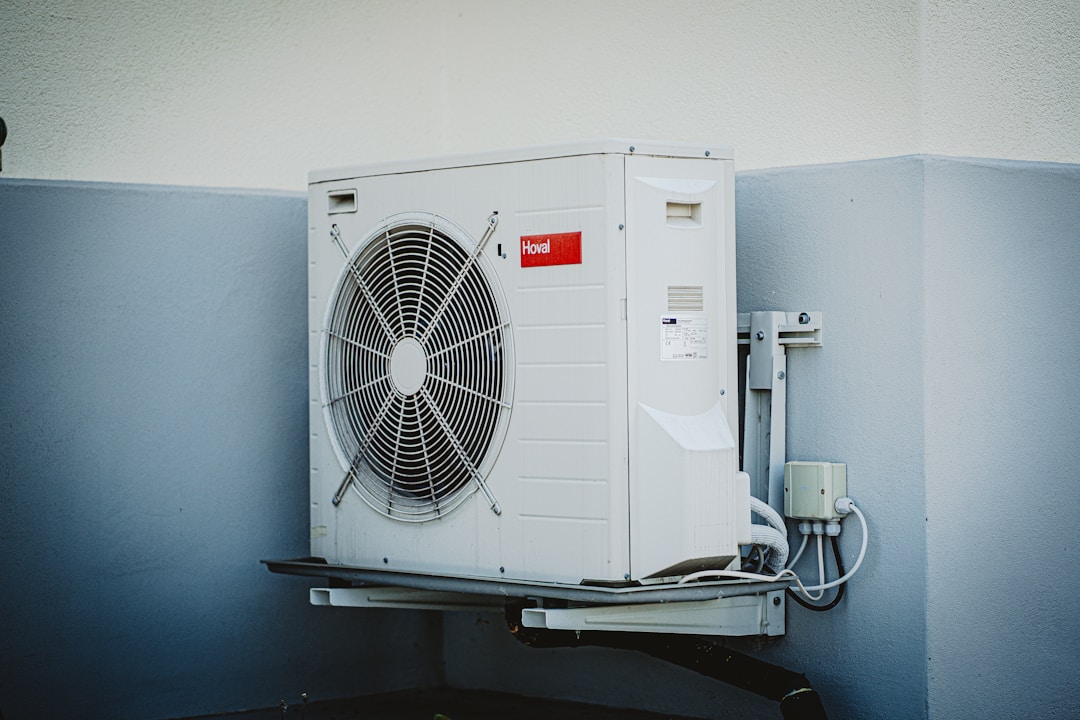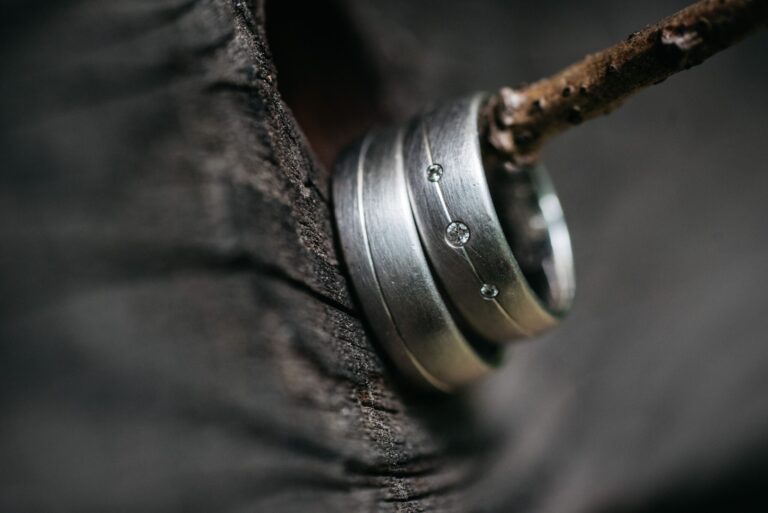Being a homeowner means having many important responsibilities. Aside from the ongoing tasks that go with maintaining a household’s basic upkeep, it’s crucial to monitor tasks that affect safety and comfort. With that in mind, a good night’s sleep is a surefire way to help with overall health and wellness. In that regard, a well-maintained HVAC unit is actually one of the household’s most important pieces of equipment. While many people may not know the direct correlation between their home’s air system and their sleep quality, the home’s HVAC system is one of the most important elements for guaranteeing proper rest. Aside from ensuring cool air in the summer and warmth during the winter months, the HVAC also works to adjust the home’s indoor air quality and humidity level.
If you’re a homeowner concerned with your own family’s sleep quality and overall health, it may be a good time to consider your HVAC system. Here, we will look at a few of the ways that your air conditioning and heating systems can influence your sleeping habits, as well as a few tips to improve your HVAC’s performance.
HVAC Systems and Your Health

Combined, your air conditioner and furnace are the prime pieces of equipment for maintaining your home’s comfortable temperature levels throughout the year. However, both units share the same ductwork and air filters, which can affect your indoor air quality. The filters themselves are responsible for catching outdoor contaminants, such as pollen and other allergens, within their mesh. Over time, dirty filters can become clogged with debris, restricting your unit’s airflow and allowing dangerous pollutants into your home. Aside from costly repairs and high utility bills, those inconsistent temperatures can hinder a good night’s rest.
Poor monitoring of your home’s humidity levels is another way in which your HVAC system can influence the sleep you get. While the HVAC system is primarily used for heating and cooling, its ability to maintain a consistent temperature also affects the humidity levels in the home. In the same way that your air quality is determined by low levels of contaminants, both low humidity levels and overly high ones can hinder optimal sleep temperatures. Ultimately, good indoor air quality can help you avoid potential health problems, both from respiratory issues and from lack of sleep.
Sleep Quality Tips and Solutions

The good news for all those seeking a better quality of sleep is that there are numerous solutions regarding their HVAC unit’s performance. As mentioned above, your air filters play an important role in determining your air quality. Professional HVAC technicians recommend that you change your filters every few months to ensure both your system’s integrity and your family’s safety. With better control over your home’s natural ventilation, the proper temperature of your bedroom can ideally match your body temperature, leading to more restful sleep. Likewise, your home’s humidity levels directly affect respiratory health and the quality of your sleep. If you’ve noticed that your home is not humid enough despite accurate adjustments of your HVAC unit’s thermostat, a humidifier may be a good investment. Although there are larger humidifier options, individual units for specific rooms can greatly improve the sleeping habits of your family members. For those homeowners looking to find the best options for both air quality and sleep quality, seeking recommendations from the National Sleep Foundation can lead to valuable information for health and wellness.
Ultimately, the very best way to ensure both consistent quality sleep and indoor air quality throughout your home is through routine maintenance of your HVAC system. By scheduling a professional HVAC service technician to visit your home throughout the year, you can always be assured that your systems are running smoothly. In the long run, your energy costs will remain in check, and your sleep quality will be at its best!






